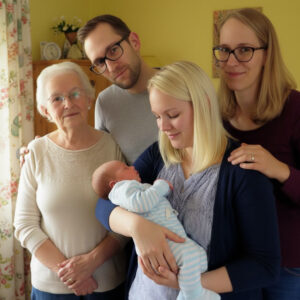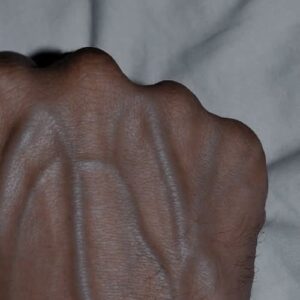Parenting has always reflected the knowledge of its time, even when practices later proved harmful. One striking example
is the old custom of adding whiskey to baby bottles in the 19th and early 20th centuries. Whiskey was widely viewed as medicine, believed to ease
sore throats, aid digestion, and relieve pain. Parents thought a few drops could calm colic, numb teething pain, or help babies sleep.
With limited medical care and few safe remedies, many families saw this as compassionate rather than reckless. Even some doctors endorsed alcohol for
children, since pediatric science was still undeveloped. Social acceptance of alcohol, combined with the lack of alternatives, made the practice common.
By the mid-20th century, research revealed the dangers: alcohol could harm infant brain development, breathing,
and long-term health. Public health campaigns and safer medical options eventually ended the custom.
Today, the idea of giving babies alcohol is shocking, but it serves as a reminder of how parenting evolves.
Past generations acted with love and the best knowledge they had, even if mistaken. Their experiences highlight the importance
of evidence-based care, scientific progress, and staying open to new discoveries that keep children healthier and safer.





